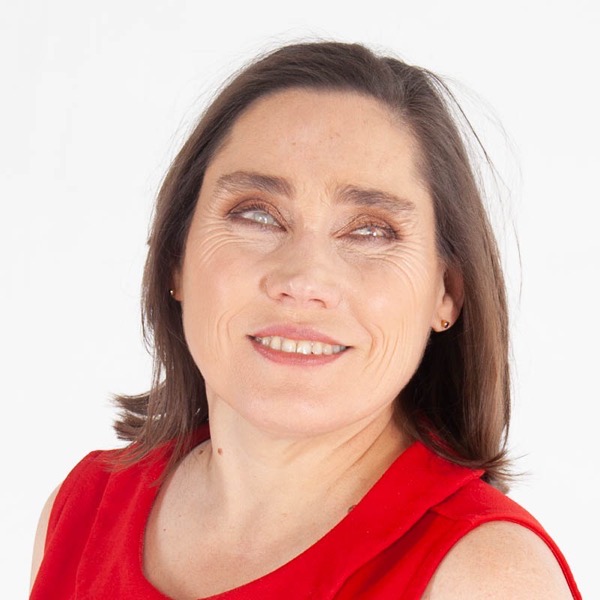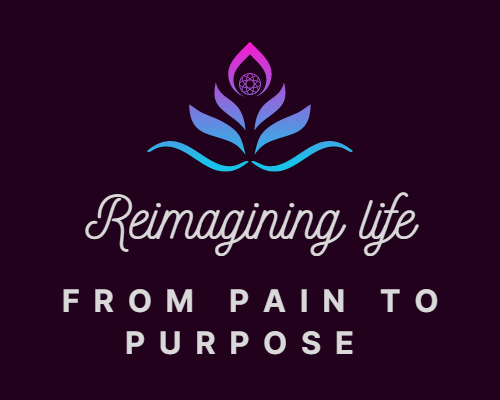 Last week I described discovering that the way I visualise the world is different from most other people. Learning about aphantasia – the inability to visualise things in the mind’s eye – was a complete surprise to me. Because it so resembled my own experience.
Last week I described discovering that the way I visualise the world is different from most other people. Learning about aphantasia – the inability to visualise things in the mind’s eye – was a complete surprise to me. Because it so resembled my own experience.
My initial response was utter shock. It shattered the way I saw myself and the world around me as I tried to come to terms with the understanding that something I had always believed wasn’t true. That people mentally saw the world differently from me. And that I was perhaps doubly blind – both physically and mentally blind.
Even to me my response felt a little extreme. I mean, it’s not the first time I’d adjusted to the reality of blindness. Yet, as I reflected on why I had reacted so strongly, I realized that it wasn’t so strange after all. Discovering something so profound as a mature adult is naturally a bit of a shock. Much of my reaction was that when I started thinking back to throwaway comments made by friends and colleagues about things they had visualised, that I had lost any context for their reality. Because they weren’t actually conceptualizing as I was myself. And that made me doubt my other perceptions.
Because I was different in yet another way – separate and outside the norm.
I want to repeat what I said in my last article – I have not received a clinical diagnosis of aphantasia. I haven’t been tested in any way. But what I’ve read about it strongly resembles my lived experience.
The ultimate irony of the situation was that this all happened while I was busy with the Never Seen blind photography project, where visualization was fundamental to what we were doing. The humour of the timing didn’t escape me. What I will say is that it led to some fascinating discussions between myself and project lead, partially blind photographer Karren Visser as we struggled to figure out what, if any, implications my inability to see things in my mind’s eye might have on the work we were doing.
It was during these conversations with Karren that I came to understand that my way of perceiving the world is just another facet of the person that I am. Karren helped me see that I am in no way less because I see things the way I do, merely that it is perhaps a little different from most other people. Different does not necessarily mean less, and my conceptualization may be of benefit in presenting a different perspective when appropriate.
Here’s what Karren had to say about my way of working: “Lois has the facility to conceptualise and plan strategically. This makes Lois a rare find as a collaborator on a visual arts project. She is able to put together concisely complex information without being bogged down by imagining the pitfalls, unlike the way that often I do because I am imagining what might or might not happen! Lois is thinking more broadly and structurally with a great deal of insight and depth of understanding. An awareness of her approach certainly raises the question whether somebody who is unable to imagine lacks skills that aid communication? I don’t think so. I believe there’s a lot to be learned from Lois’ ability to conceptualise, the intelligence that comes with this, and the ease with which she is able to support others.”
When all is said and done, it has taken me a long time to make peace with the fact that I may be doubly blind. In all honesty, I’m not sure that I have completely done so yet.
But I’m okay with it.





